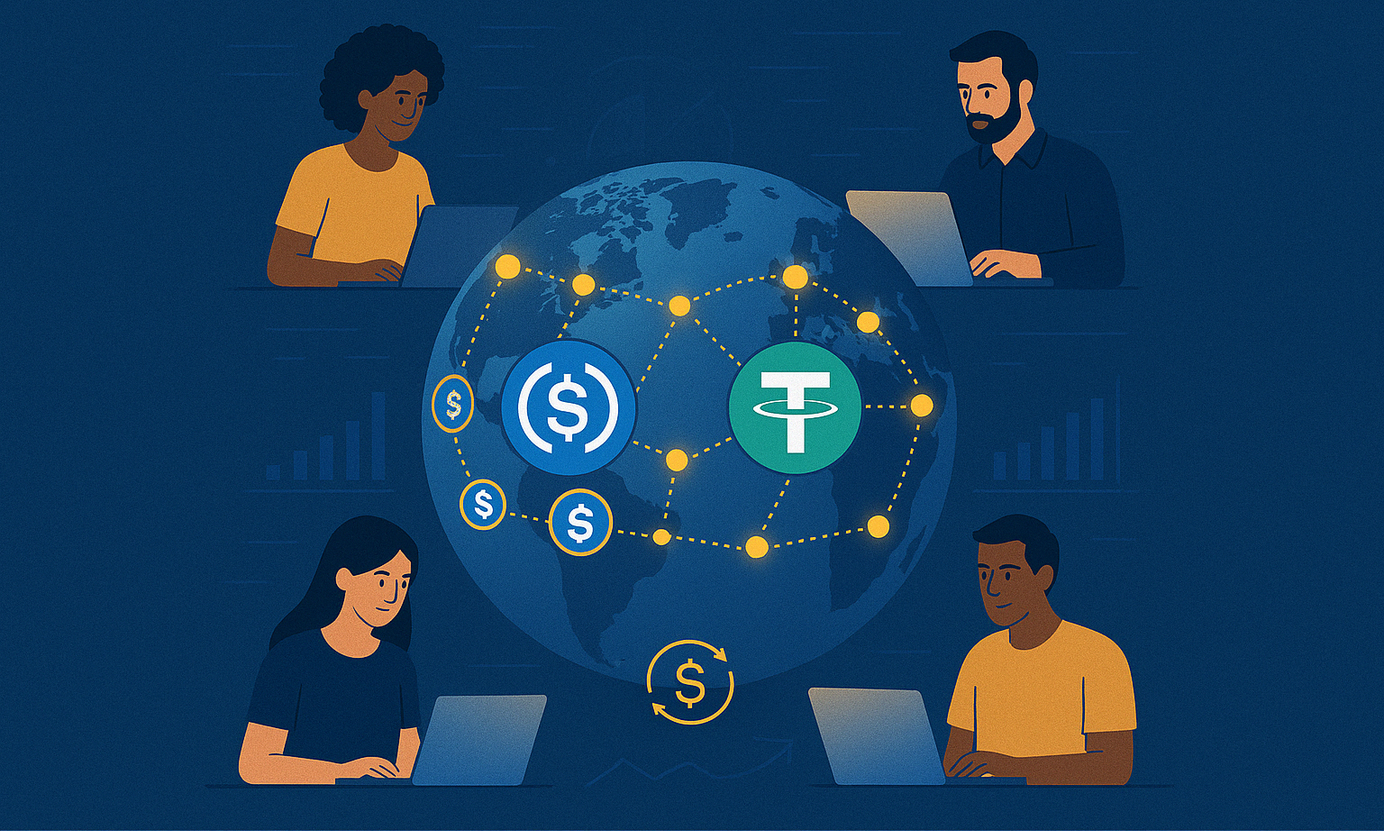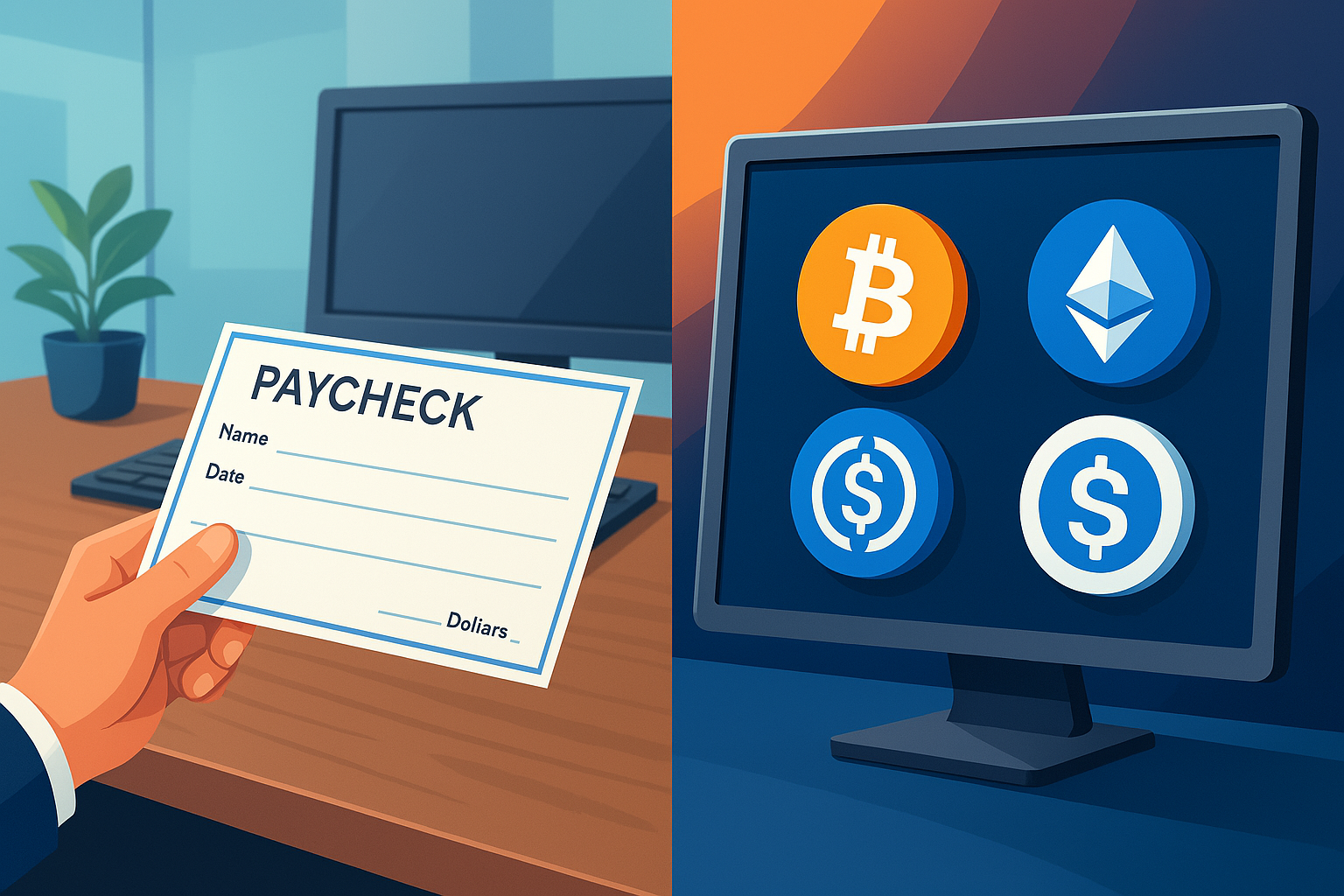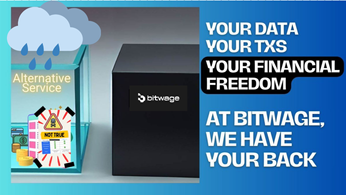
Rippling is Suing Deel for Corporate Espionage. Now What?
Table of Contents
San Francisco-based HR software leader Rippling filed a federal lawsuit against competitor Deel, accusing the company of orchestrating a corporate espionage scheme to steal confidential business information. The complaint, submitted to the U.S. District Court for California’s Northern District, alleges Deel recruited a Rippling employee to infiltrate internal systems and leak sensitive data.
According to the filing, the employee, hired by Rippling in a management role in 2023, reportedly accessed proprietary materials, including customer details, sales strategies, and competitive playbooks. Rippling claims this individual shared internal Slack communications with a journalist at The Information and held undisclosed meetings with Deel executives. The lawsuit cites violations of the Racketeer Influenced and Corrupt Organizations (RICO) Act and trade secret misappropriation.
An Attempt to Destroy Evidence
The case took a dramatic turn when Rippling’s legal team, armed with a court order, confronted the employee at their Dublin office. The court order required the employee to surrender his cell phone to an independent solicitor for preservation and evidence. The employee initially told the independent solicitor that his cell phone was on another floor and insisted that he wanted to retrieve the phone himself.
The filing states that the individual locked themselves in a bathroom to delete evidence from their cell phone, even though the court-appointed solicitor warned them that the penalty for non-compliance could lead to imprisonment. The employee declared "I'm willing to take that risk" before fleeing the premises.
Deel Denies Allegations
Deel firmly denied the accusations. A Deel spokesperson even called the lawsuit "a desperate attempt to distract from Rippling's own legal challenges," in reference to a recent report of Rippling's alleged sanction violations in Russia. "We categorically reject these claims and will pursue counterclaims vigorously," the Deel spokesperson added.
Rippling CEO Parker Conrad emphasized the gravity of the situation in a public statement, "Competition should be driven by innovation, not subterfuge," he wrote on social media. "While litigation is a last resort, we must hold bad actors accountable." Conrad's remarks allude to his prior legal battle with payroll giant ADP during his tenure at Zenefits, a case settled in 2015.
Now What?
If Rippling wins the lawsuit, these bad practices could leave Deel at huge financial penalties, and permanent reputational damage that could heavily impact their market and operations.
Depending on court findings, Deel might be ordered to pay a large compensation as well as punitive damages for alleged corporate espionage. A legal win for Rippling would also tarnish Deel's reputation, undermining customer and investor confidence. This could result in lost contracts or deals and may lead to major difficulties when acquiring new business in an industry where trust is paramount.
Competitors will look to seize the opportunity and position themselves as more reliable and trustworthy.
Can Deel Go Out of Business?
Deel, valued at over $12 billion and supported by major venture capital firms, has a diversified product suite, and significant financial cushion to sustain operations through challenges.
While a loss could mean costly damage and operational setbacks, companies of this scale rarely collapse from a single lawsuit. For example, Uber survived its $245M settlement with Waymo, and SAP endured a $1.3B penalty from Oracle.
Also, looking at historical trade secret lawsuits like DuPont v. Kolon Industries, where companies faced massive penalties or settlements, we can assume it's not likely that Deel will go out of business entirely, even if Rippling wins.
How Big Can the Penalty Be?
If proven, Deel faces potential damages in the millions to tens of millions, with the possibility of punitive/exemplary damages up to 2x the actual damages or RICO trebling up to 3x the actual damages. While Rippling's RICO claims are less likely to succeed (Courts rarely sustain these in business disputes), they can create significant leverage.
Litigation costs will likely exceed $5 million through trial. For trade secret cases with $10-25 million at risk, median litigation costs are approximately $4.1 million, while for cases exceeding $25 million, median costs jump to $7.5 million.
Northern District of California courts take trade secret theft seriously, especially involving deliberate misconduct like data theft and evidence destruction. With allegations of the spy attempting to wipe phone data, spoliation sanctions could be severe.
Compensatory damages include Rippling's actual losses (profits, business opportunities) and/or Deel's unjust enrichment (gains obtained through trade secrets). A study of trade secret verdicts found average compensatory damages in the $10-20 million range, though many cases resolved with damages in the single-digit millions.
Both DTSA and California UTSA provide exemplary damages up to 2 times the actual damages for willful and malicious misappropriation. Courts have shown a willingness to apply the full 2x multiplier in case of intentional misconduct. In the case of Mattel v MGA, for example, the court upheld an $85 million punitive award on top of compensatory damages, which shows us how willful misappropriation can lead to significant judgments.
If Rippling prevails on its RICO claims (unlikely but still possible), any base damages would automatically be tripled.
For Deel, the range span could be from 0 (If Rippling fails to prove its case) to potentially $100M. A scenario with $10-20 million in compensatory damages could reach $30-60 million with punitive damages or RICO trebling.
How the Market is Reacting
Market reactions have been intense and varied. Some users are voicing genuine concerns about the impact of the lawsuit on Deel's service, reliability, and trust, while others maintain strong confidence in Deel's long-standing performance.
The market is watching closely to see how Deel's initial response shapes the narrative and whether the company can recover from the reputational and legal fallout.
A post on Twitter states:
A user on X commented that there are more ethical companies than Deel, quoting:
In all seriousness though, there are many better & more ethical remote payroll companies than Deel. Avoid it at all costs"
While it's clear that the Deel-Rippling lawsuit has fired up some courtroom drama, nobody really knows how this ends. There's one certain thing, when it comes to payroll, trust is not something you A/B test.
Conclusion
While Deel prepares its defense the rest of us are left wondering:
- Will more dirty laundry air out?
- How does this affect current Deel customers?
- And seriously... who approved the bathroom escape plan? 🤔
In the hyper-competitive landscape of HR tech, innovation should always outshine intrigue.
At Bitwage, we have always believed that ethical practices are not a "feature"; they're the foundation. For over a decade, we have prioritized transparency and security, and our commitment to doing right by clients hasn't wavered even if competitors chase growth at any cost.
Over this decade we've learned a thing or two about payroll and we know what businesses want, and that's flexible and simple payroll. Global Payroll makes managing international teams easy by simplifying global payments through cost-effective fiat and crypto transactions and Crypto-Funded Payroll for those embracing modern-day finance. All without hidden fees, upfront costs, contracts, or monthly subscription fees.
10 Years of Trust.










